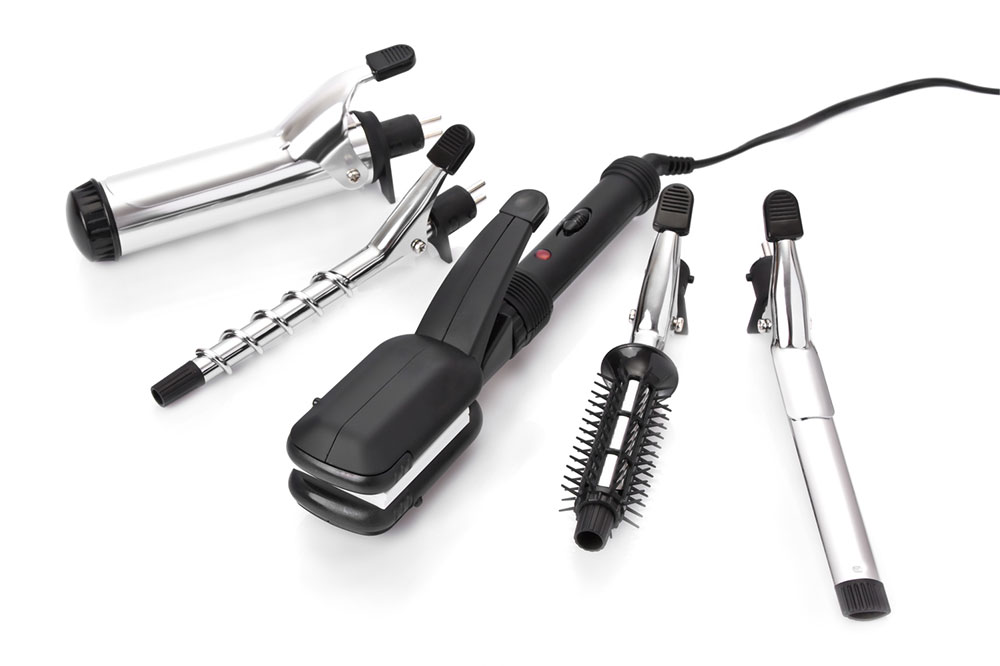Avoid these 3 breathing mistakes for healthy lungs

Breathing is a crucial and natural process for sustaining life. However, have you ever thought about the possibility of there being a correct or incorrect way of doing it? Though it may seem strange since breathing is usually something we do involuntarily, there are several tips for breathing correctly, as well as common mistakes that many of us make daily. This article aims to explore these mistakes and provide guidance on how to avoid them.
Using your mouth
Many people, including children and adults, breathe through their mouths. However, this can lead to crooked teeth, facial deformities, and stunted growth in kids. In adults, mouth breathing can cause gum disease and bad breath. Breathing through the nose is the proper way to inhale and exhale air. The nostrils in the nose act as filters that keep the air warm and humidified, which can be beneficial in cold and dry climates.
It’s important to remember that mouth breathing is not unnatural but is not the best way to breathe. So, it’s advisable to make a conscious effort to breathe through the nose whenever possible.
Not breathing through your belly
To perform belly breathing, one must use the diaphragm, a muscle located above the stomach. The correct breathing technique involves inhaling air through the nose and allowing it to fill the stomach as the diaphragm contracts. This expands the lungs and creates a negative pressure in the chest, which enables air to enter the lungs efficiently. Therefore, the diaphragm’s downward pull on the lungs allows for quick and adequate air intake.
Some of the benefits of diaphragm breathing include:
- It improves muscle function during exercises and prevents strain
- Reduces heart rate and blood pressure
- Increases the amount of oxygen in the blood
- Helps relax
- It makes it easier for the body to release gas waste from the lungs
- Tense shoulders
When it comes to breathing, many people make a common mistake. Tension in the shoulders and face can restrict deep exhalations, which are crucial for proper breathing. Therefore, you must ensure that you do not tense your shoulders. In addition, your overall posture plays a vital role in breathing correctly. If you have a hunched back, it contracts all your muscles and restricts space for deep breathing. Thus, maintaining a good posture is crucial for solving back and neck issues and promoting deep breathing. Otherwise, you may end up taking shorter and shallower breaths.
Shallow breathing has been known to cause dry mouth and even fatigue, and it can even aggravate certain respiratory conditions. It can also become a panic attack if you are anxious and a precursor for heart issues.
Skipping exercises
Active movement every day is necessary because it keeps the heart and lungs in a healthy zone. Also, when exercising, you work on the muscles that can help improve deep breathing. It is especially advised to do yoga which focuses on not just the poses but also the breathing pattern with the poses. A yoga workout focuses primarily on breathing in and exhaling fully through the nose.
In fact, yoga has many breathing exercises, like the most popular pranayama exercise. Here’s how you can practice it:
- Sit in a relaxed pose with crossed knees and both hands on the knees.
- This exercise focuses on breathing in and out through the nose only but letting the breath go down in the belly.
- With eyes closed, take a deep breath, and let the belly expand.
- Keep your spine straight and body relaxed.
- Now breathe out slowly and exhale entirely through the nose.
- Do not retain your breath during this process. Continue with this breath work and then gently make the inhalation more slow and long to fill the lungs.
- Then start working on a gentle slow, long exhalation that empties the lungs.
Proper breathing is essential every day, but it is even more important to do proper breathing if you are dealing with lung diseases. Anyone with lung diseases like chronic obstructive pulmonary disease or asthma must practice deep breathing because it will help them manage the condition better. Apart from breathing, one must also lead an active and healthy lifestyle, eat well, and manage their mental health religiously.









